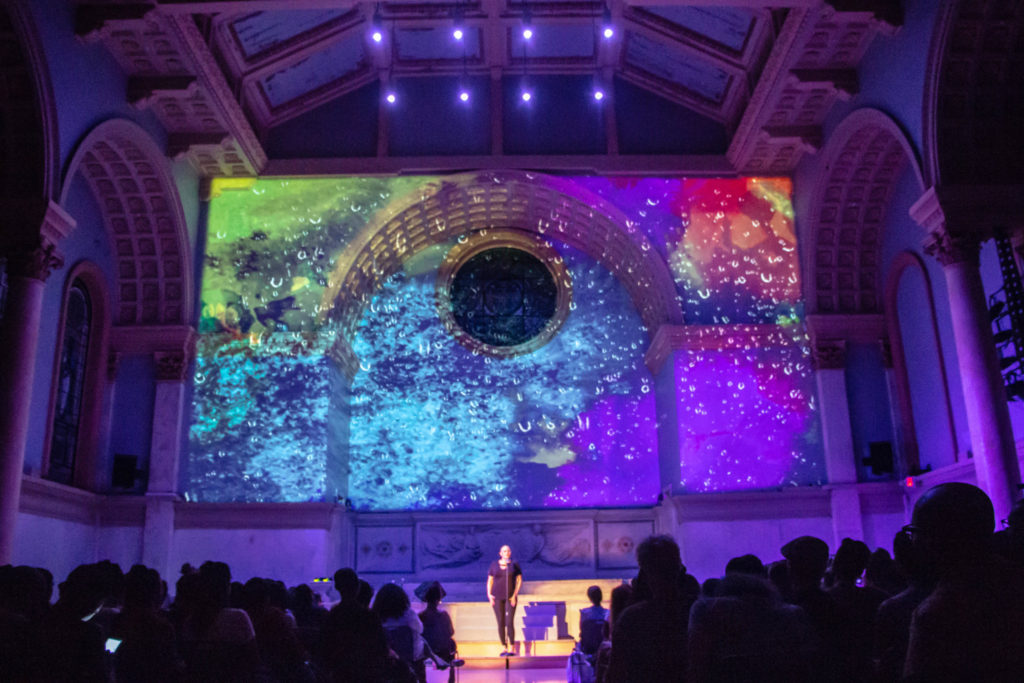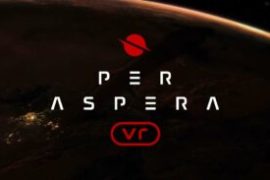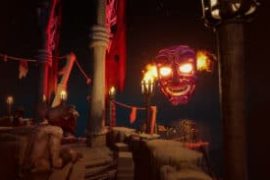New York’s Musical Theatre Factory is teaming up with immersive tech evangelists to offer a year of programming around extended realities for the stage.
Change begins at home, especially for such a robust and old industry as the theater business. Don’t be fooled—there are plenty of performing companies, theater guilds and independent entertainment creators who have explored the world of immersive tech before. Now the Musical Theatre Factory is getting involved by introducing MTFxR, a new initiative to explore and support the creation of musicals through mixed reality.
Founded in 2014, the Musical Theatre Factory has quickly grown in its ability to nurture musical theatre creations. Self-defined on its website as a “radical incubator, lab, and playground, allowing artists the time and space necessary to innovate form and genre, and create work that inspires civic discourse,” the Musical Theatre Factory has been active in all stages of development for over 130 new works and has served over 900 writers, actors, directors, musicians, and multidisciplinary artists.
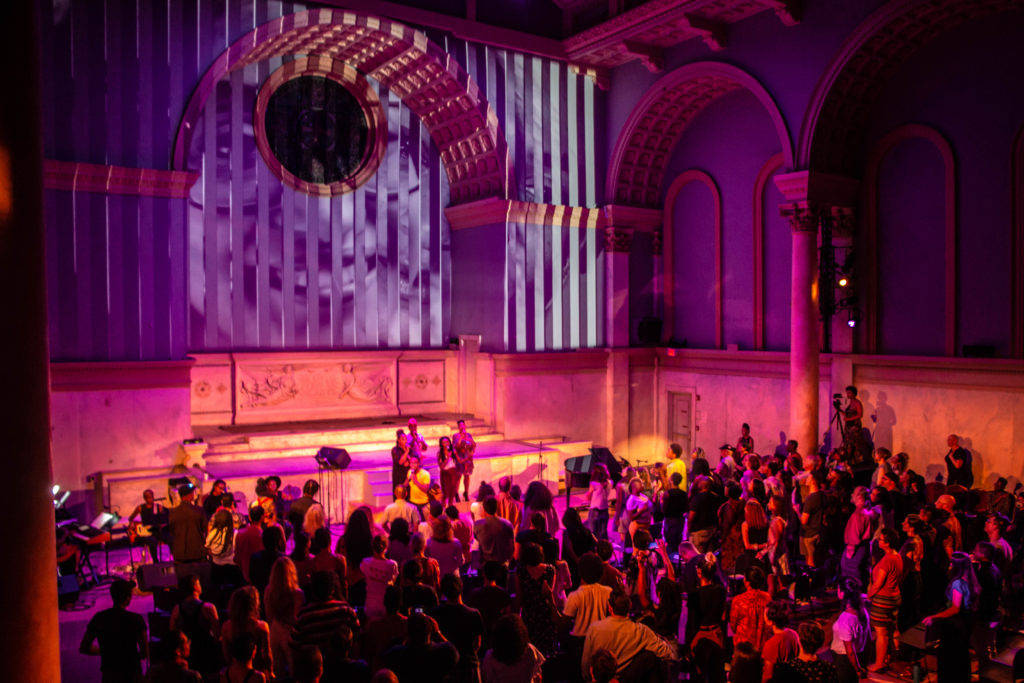
The organization prioritizes minority voices and stories within the industry and actively works to remove boundaries to entry and success for artists, which is exactly why its Managing Director, Aaron Salley, and Director / Choreographer, Brandon Powers, teamed up to tackle the accessibility and inclusion blockers for artists who want to get involved with emerging tech.
“We’re committed to dismantling oppressive ideologies toward collective [and creative] liberation—anything that is perceived as a barrier for someone to create their art is what we want to help alleviate so the general society can benefit from [the artwork],” says Salley. “…for XR specifically, the tech is expensive, the tech [requires] a [commitment] to get into it, because you have to learn these [coding] languages, have the equipment, especially because using XR has challenging hardware requirements. [We see these things] as potential barriers that as an organization we have to help eliminate so people can make their art.”
After receiving a media arts grant from the National Endowment for the Arts, Musical Theatre Factory began to pursue routes to integrate the two worlds of technology and theatre that, according to Salley, “don’t [seem] to overlap, but that probably should.”
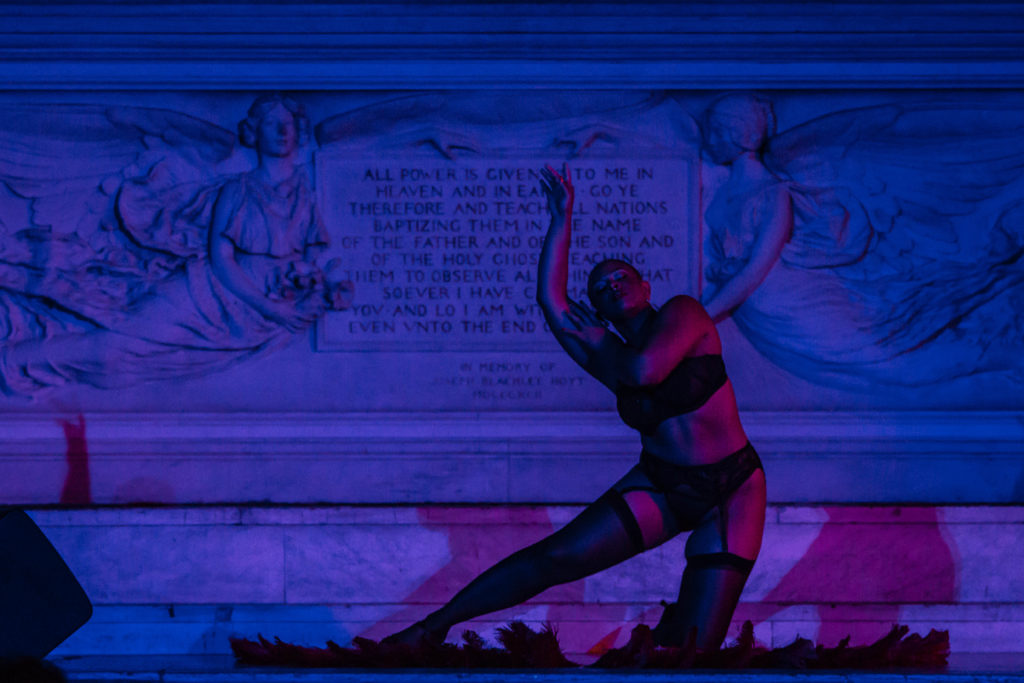
For Powers, this is a long-awaited collaboration he’s been pushing for as a Musical Theatre Factory Associate Producer and now Director of MTFxR event series. With a variety of events including talks, skillshare sessions, workshops, and possibly a musical-themed hackathon late next year, this series is certainly not Powers’ first foray of blending the worlds of theater and technology together. The award-winning dancer and director recently celebrated watching a piece he contributed to, “Queerskins,” a three-part VR story about a young man’s trials and tribulations with AIDS, visit the Cannes and Venice film festivals back-to-back this summer.
“We’re at this critical and exciting moment for XR,” multi-hyphenate says. “There is more excitement and possibility than ever before. [Right now is a] perfect moment for the Musical Theatre Factory to be part of this growing conversation about who is creating and who [these technologies] are for. The Musical Theatre Factory’s background in supporting artists and bringing them to the center [of attention] is a perfect opportunity to create a XR pipeline and expand access to technology and education around these experiences.”
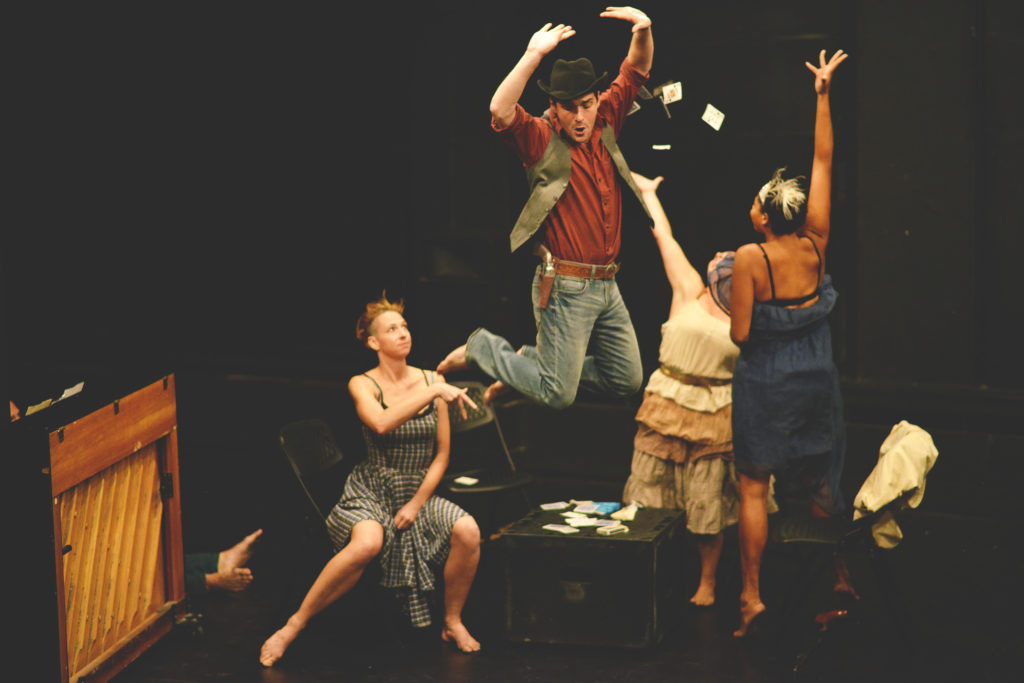
Powers’ goal for MTFxR is ultimately to strip the veils of intimidation around technology from those outside the industry and to spark imagination instead for the possibilities of using mixed reality in building the future of theater. He’ll be hosting the kickoff event this Friday which will be a primer to the musical theatre and XR worlds, an overview of the year to come. The show will feature the voices of creators Kiira Benzing, Lajuné McMillian, and Sadah Espii Proctor.
“A lot of the programming is still going to be planned as the community responds [to MTFxR in real time] and decides what they’d like to see [moving forward],” says Powers. “I’m extremely passionate about bringing people together, specifically artists, dancers, theater people, and [introducing] them to XR creators. Good musical theater is collaborative, has fantastic transitions, and is all encompassing. We feel confident that our artists have a lot of the [skills] that it takes to create XR work, they might just not know it.”
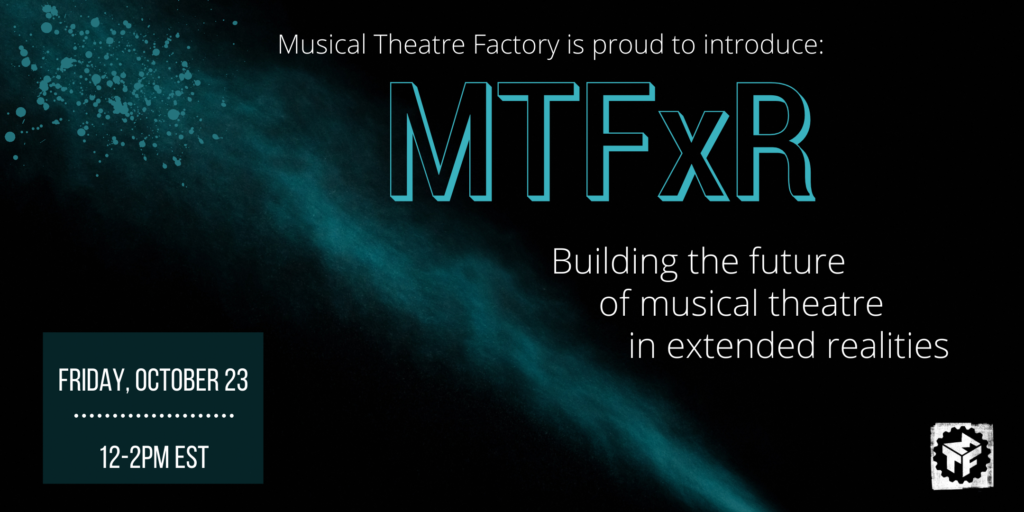
“[There are] huge, endless possibilities in this world,” Salley shares. “I think it’s important [to say] that we’re not looking to replace traditional theater, or what it was, given Covid-19…it’s our interest to create new ways of theater to integrate or enhance the viewer experience.
“I think a lot of people have the misconception or the limitation that they can’t be a pioneer, that they can’t do things, or have the skill sets necessary to change the world,” he goes on. “Why limit yourself? Why put yourself in a box? …push the boundaries of ‘what is.’ [Our communities] are in a great place to be imaginative and exploratory.”
Excited for MTFxR? Sign up for the event series’ launch event for free this Friday. Not a theater professional; perhaps a technologist instead? All are welcome to participate in this event if they are interested in forming the future of musical experiences. Any additional questions regarding XR and theatre can be answered via the MTFxR FAQs.
Image Credit: MTF
The post Building The Future Of Immersive Theater Technology With The Musical Theatre Factory appeared first on VRScout.
